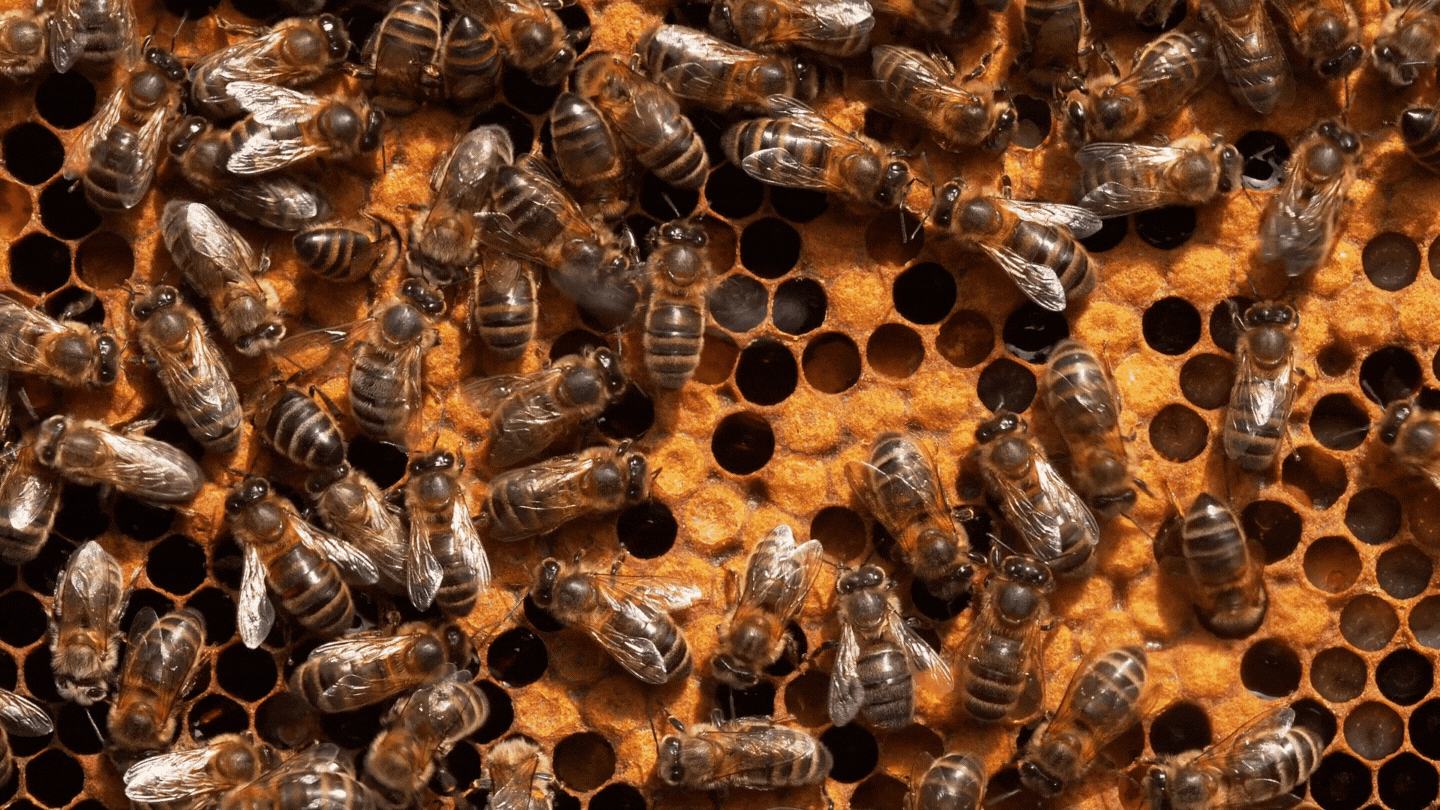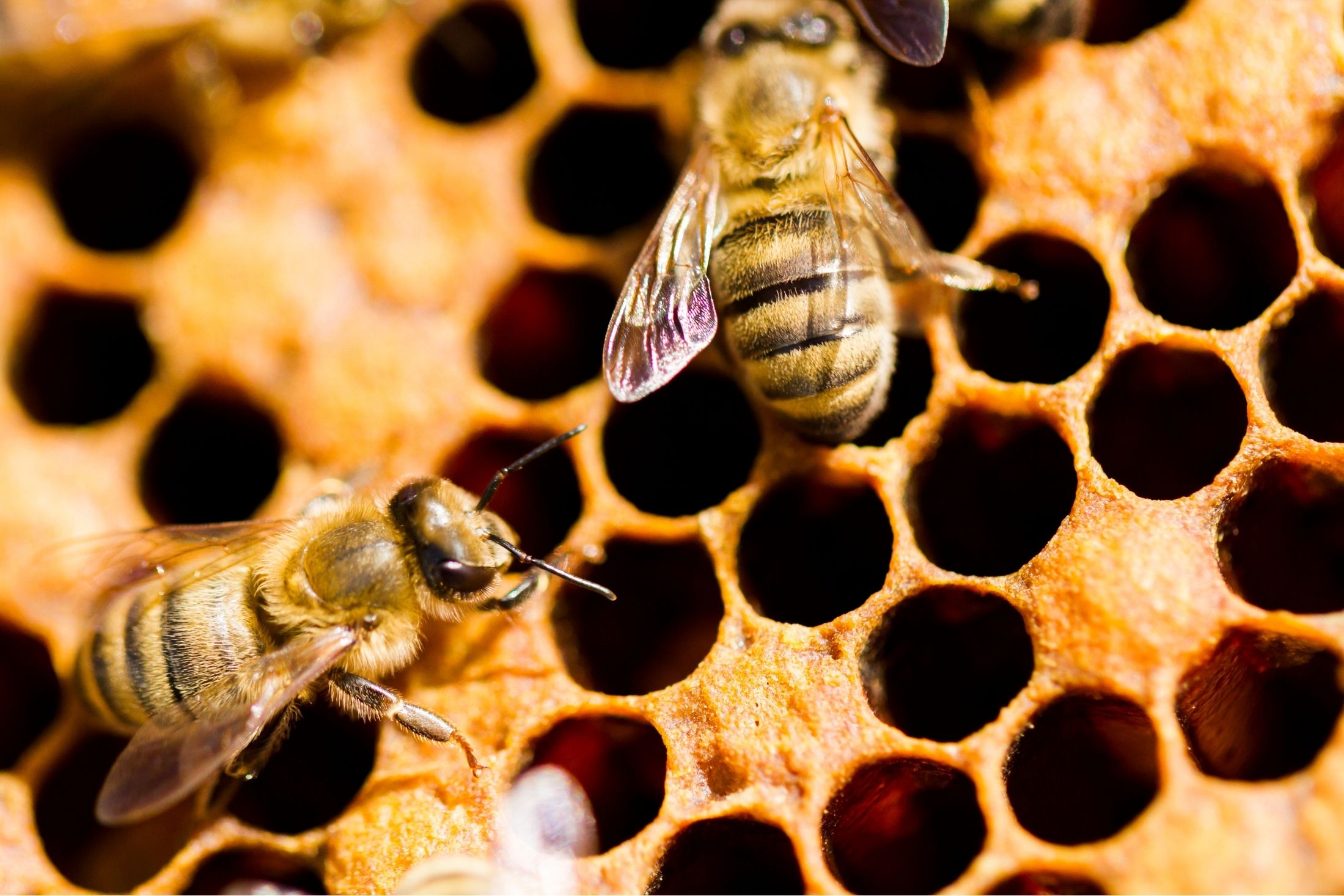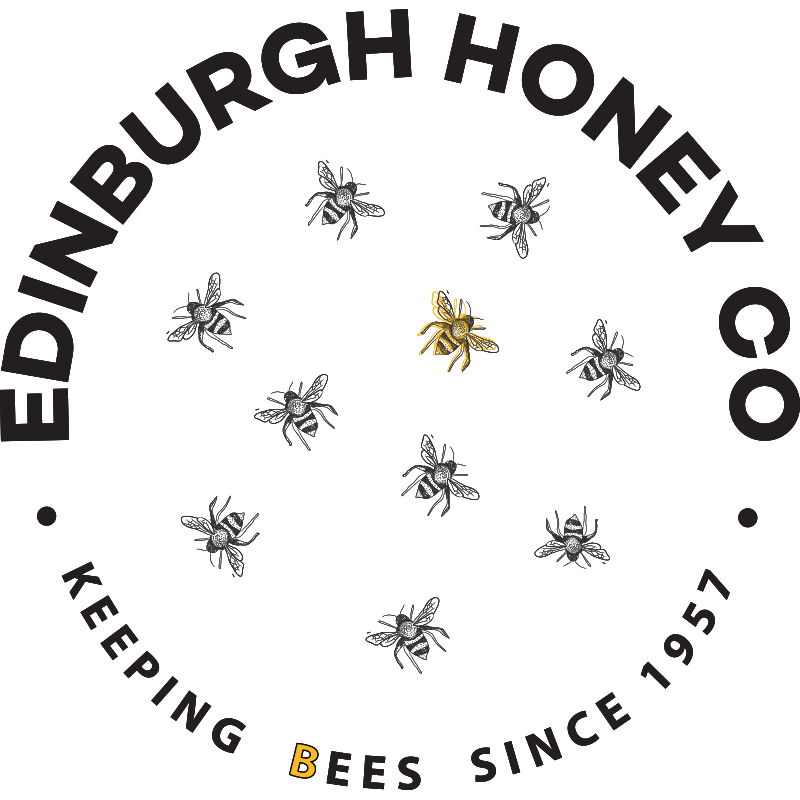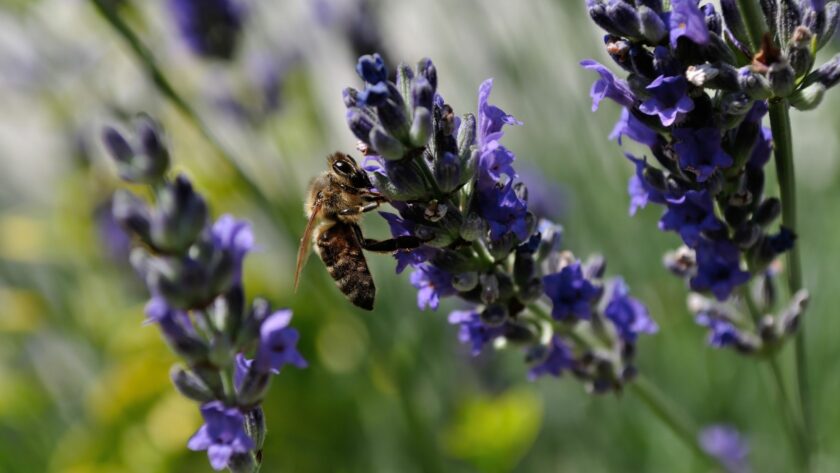Hello Honeymonsters!
It’s the first week of August, and here in Edinburgh that puts one thing on everybody’s mind. It’s festival season!
For the month of August every year (except the last few of course!) Edinburgh becomes a world-class hub for music, dance, comedy and theatre. As the city welcomes people from all over the world to explore the thousands and thousands of shows happening, we hope some of you honey monsters who might be travelling over find the time to come by and say hi! (and perhaps suggest some good show recommendations that we should check out!)

We’re really looking forward to one show, in particular, ‘Bee Master’ from Blue Fire Theatre Co. They are stopping by the shop to come say hi before their run from the 5th to the 13th, and we are ‘buzzing’ to go see the show. Because as you know, we are suckers for anything ‘bee’.
Coincidently, talking of plays, the 3rd of August is also national ‘play-day’. Play day is a celebration of the importance of play on children’s development. Highlighting the important roles it plays (pun intended) in our development of social and behavioural skills as children.
What is super interesting though, is that there are studies that link this kind of valuable experience to our bee sisters. Suggesting that, although they may not play in the same sense that we do, bee sisters can be seen to watch and learn from other bees carrying out a task. And not only this, but a single bee may develop its own technique to achieve the task more efficiently. This kind of back and forth, watching and learning is similar to how children play, especially with each other.
The study in question (published in the February 23rd 2017 editions of Science) used a small ‘football’ with the ‘goal’ being an area the bees had to get the ball to for a reward. Various bees were trained in different ways, some with a fake bee on a stick demonstrating the task, while some just had the ball moved with a magnet. After watching this task, the bees who saw the fake bee began to mimic its actions, and once they had worked out the goal, they began developing their own technique. Later bees watched the trained bees, and very quickly followed their peers’ techniques, again eventually developing their own.

As much as this may seem very far from our idea of ‘play’, this further demonstrates the bee’s amazing brain capacity considering their size. And similarly to how play develops our own complex social interactions preparing us for everyday life. The bees benefit from watching and learning, and through trial-and-error developing their own personal (bee-sonal?:) style and technique.
Bees are exceptionally clever all things considered, especially their size, and they excel at particular tasks. Especially selecting the perfect nectar sources to make really delicious honey. We trust our bee sisters to follow each other’s teachings and bring in the very best nectar possible. So why not come in and try some of their wonderful honey? We recommend our Scottish blossom honey, to truly sample the wide range of flora available to our bees. They get to choose the nectar source themselves from a range of spring blossoms, and their expertise is really what makes the best possible honey!




